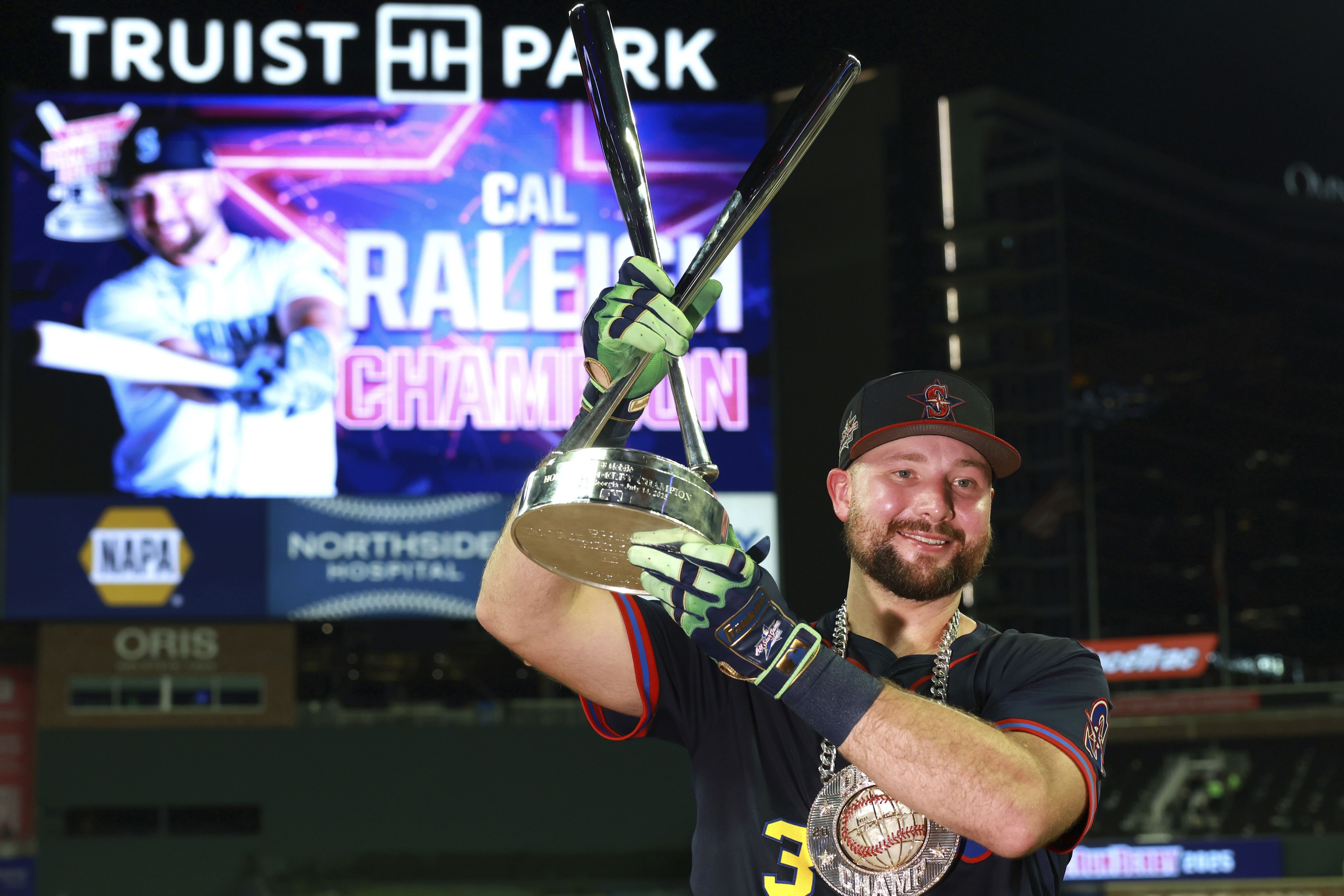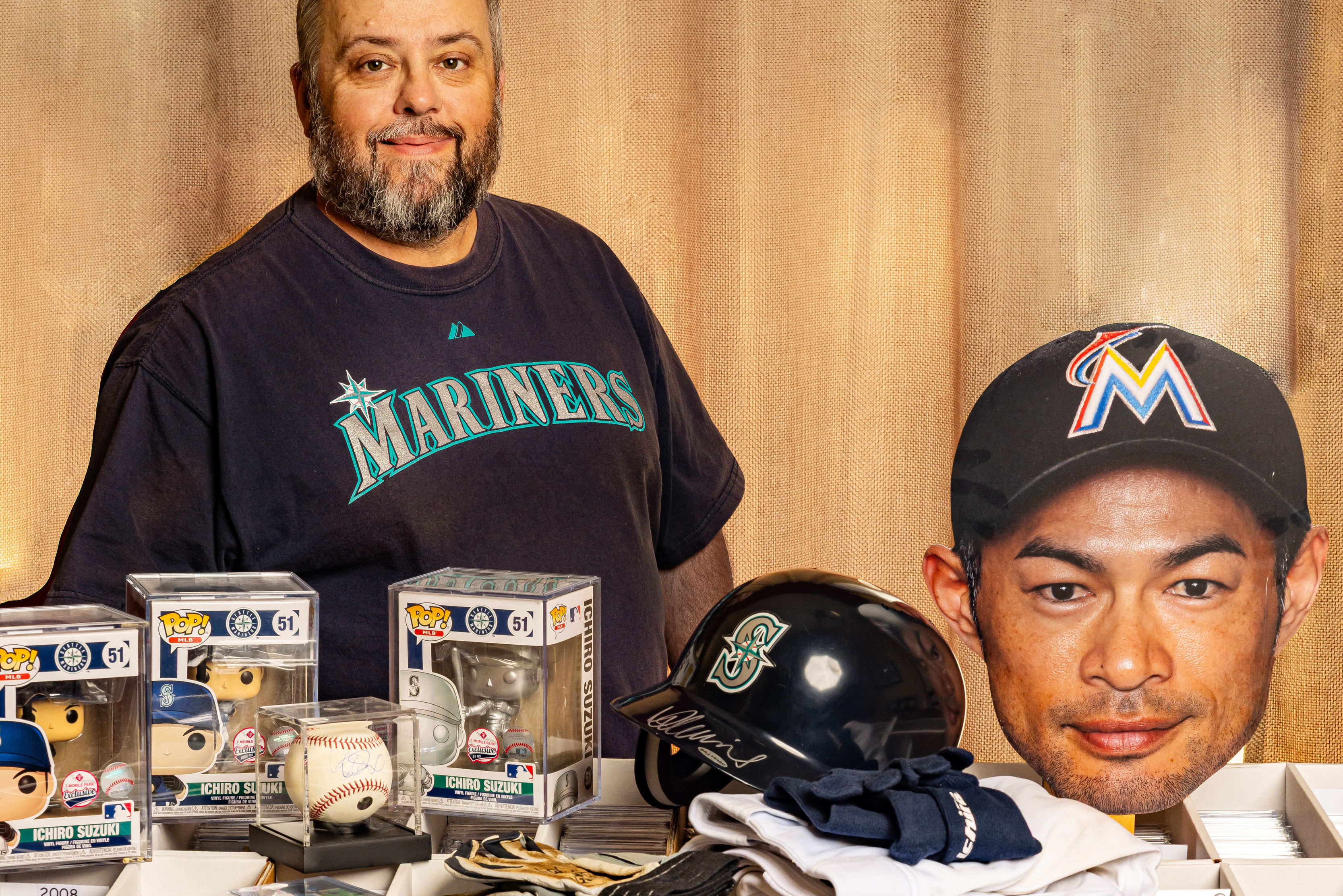Ed Murray, the Rotarians, and Why the More Forums We Have, the Better

I spent my lunchtime hour today at a meeting of the Seattle International District Rotary Club at the New Hong Kong Restaurant on S. Jackson St., where mayoral candidate Ed Murray—currently the presumptive favorite among the city's business establishment, who are no great fans of incumbent Mike McGinn—had 30 minutes at the mike to make the case that the roomful of Rotarians should vote for him as the next mayor of Seattle. (Murray showed up 10 minutes late, prompting clucks of disapproval from the audience).
After a whirlwind speech (Murray, who'd been given a half-dozen or so topics in advance, had to put on his glasses to read the questions before delivering a series of rapidfire answers), Murray took ten minutes of questions, which centered on downtown safety, education, homelessness, and economic development. The major themes: Murray knows how to bring people together, Mayor McGinn has been too divisive, and Murray has proven his ability to get tough legislation passed in Olympia.
Afterward, a weary-looking Murray mentioned something to me that nearly every campaign (and many campaign watchers) have brought up before: This year's mayoral campaign has featured more forums and public candidate appearances than any in recent memory.
And it's true. Previously, campaigning for mayor (or any local public office) meant going to a bunch of shrimp feeds and salmon bakes hosted by local elected officials, holding a series of high-dollar fundraisers at private homes, and showing up at a half-dozen widely attended forums hosted by big groups like the King County Democrats or the Chamber of Commerce.
Not this year. So far, I've been to mayoral forums focusing on Belltown, neighborhood greenways, public safety, labor, Southeast Seattle, downtown businesses, race and gentrification, and density... to name just a few.
Far from isolating candidates from the public, issue-specific forums actually force them to meet the public on their turf. And while some may, understandably, criticize the neverending drumbeat of forums as a waste of candidates' time (why focus on obscure neighborhood issues when you could be out knocking on voters' doors?), I think it's great. The intense focus on this race from Seattle's diverse community interests has forced the candidates to talk (and learn) not just about macro-issues and sound bites about "leadership," style, and whether Seattle is heading in "the right direction," but on the micro-issues that are important to the people who actually vote (as opposed to the insiders who attend Democratic district meetings but may not really care about whether a candidate supports separated bike lanes or a citywide minimum wage).
Far from isolating candidates from the public, I think issue-specific forums actually force the candidates to meet the public on their own turf (and allow other voters, through the media, to learn about issues they may not have considered—and get focus rather than soundbites).
It's a great recipe for democracy.
With that in mind, here are a few things Murray had to say today about a few of those micro-issues (McGinn and Kate Martin have also spoken to the ID Rotary, which meets at 11:30 every Thursday; up next. Bruce Harrell, Peter Steinbrueck, and Charlie Staadecker.)
• On street disorder downtown: After dashing off a few soundbites about McGinn's inability to work with the Department of Justice to deal with police accountability, Murray said one of the major reasons there are still open-air drug markets and aggressive panhandling downtown is that police don't feel safe arresting people for nuisance crimes.
In Belltown and downtown, where people are afraid of "threatening behavior" in "open-air drug markets," Murray said, "there’s a concern that if officers are fully enforcing the law that it could backfire on them personally."
Additionally, he added, "not everyone who leaves Harborview or the King County jail originated in this part of the county … but the services are all completely located in the central part of Seattle." Murray suggested that the city create a partnership with King County to locate some services outside downtown Seattle, so that people who "may want to go home" to other parts of the county have access to services where they live.
• On the mayor-city council dynamic: "I think we need to bring them in at the beginning … and get their input so that when you finally get an ordinance, a bill, in front of the council you have an agreement … or at least understand each other so you don’t have the poisonous relationship that exists now between the mayor and the city council."
[Editor's note: This notion—that the mayor and council should craft legislation behind the scenes before bringing it out in the open for public consideration—seems potentially insidious. On one hand, rancor between the mayor and council can halt good legislation in its tracks. On the other, airing proposals in the light of day seems like a fundamental of good government.]
• On the relationship between city government and Seattle Public Schools: "The school district closes down schools, and then opens schools, and doesn’t understand the demographics" of a changing, increasingly diverse school district, Murray said. He added that although the school district doesn't report directly to the city, "It could be as simple as the city talking over demography for the school district" by integrating school planning with the city's growth targets.
Murray also talked about the need to "establish a single interpretation of the [business and occupation] tax," something the Seattle City Council and state legislature have battled over for the last two years (the council says a state proposal, backed by business interests, would result in huge losses for cities); we have a call out to Murray to find out which proposal he supports.




